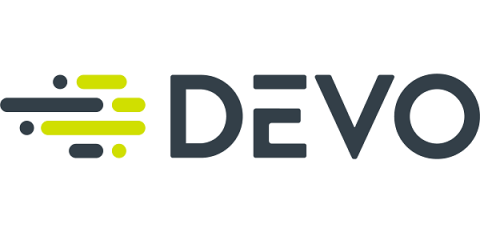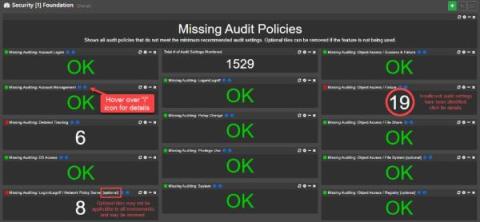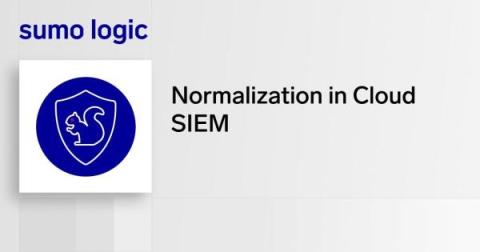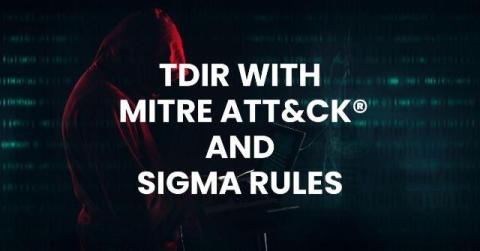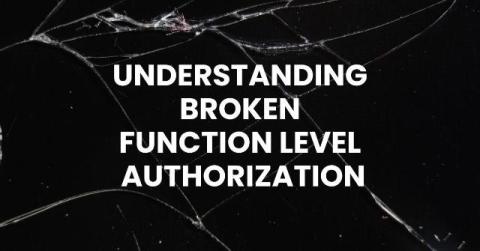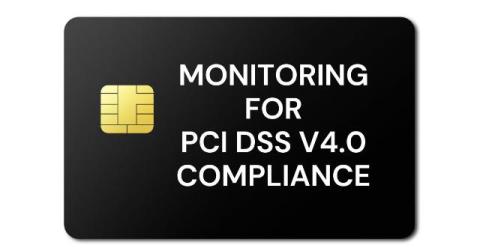Role-Based Access Control or Multitenancy-Which is Right for Your Organization?
Choosing the right software to defend your organization, both in real-time and in retrospect, is one of the most important decisions an organization can make. Security teams need to be able to view activity and affect access quickly, and that becomes more difficult at bigger, complex enterprises. A classical approach to this problem is role-based access control (RBAC), but for many organizations, multitenancy is a better fit.


